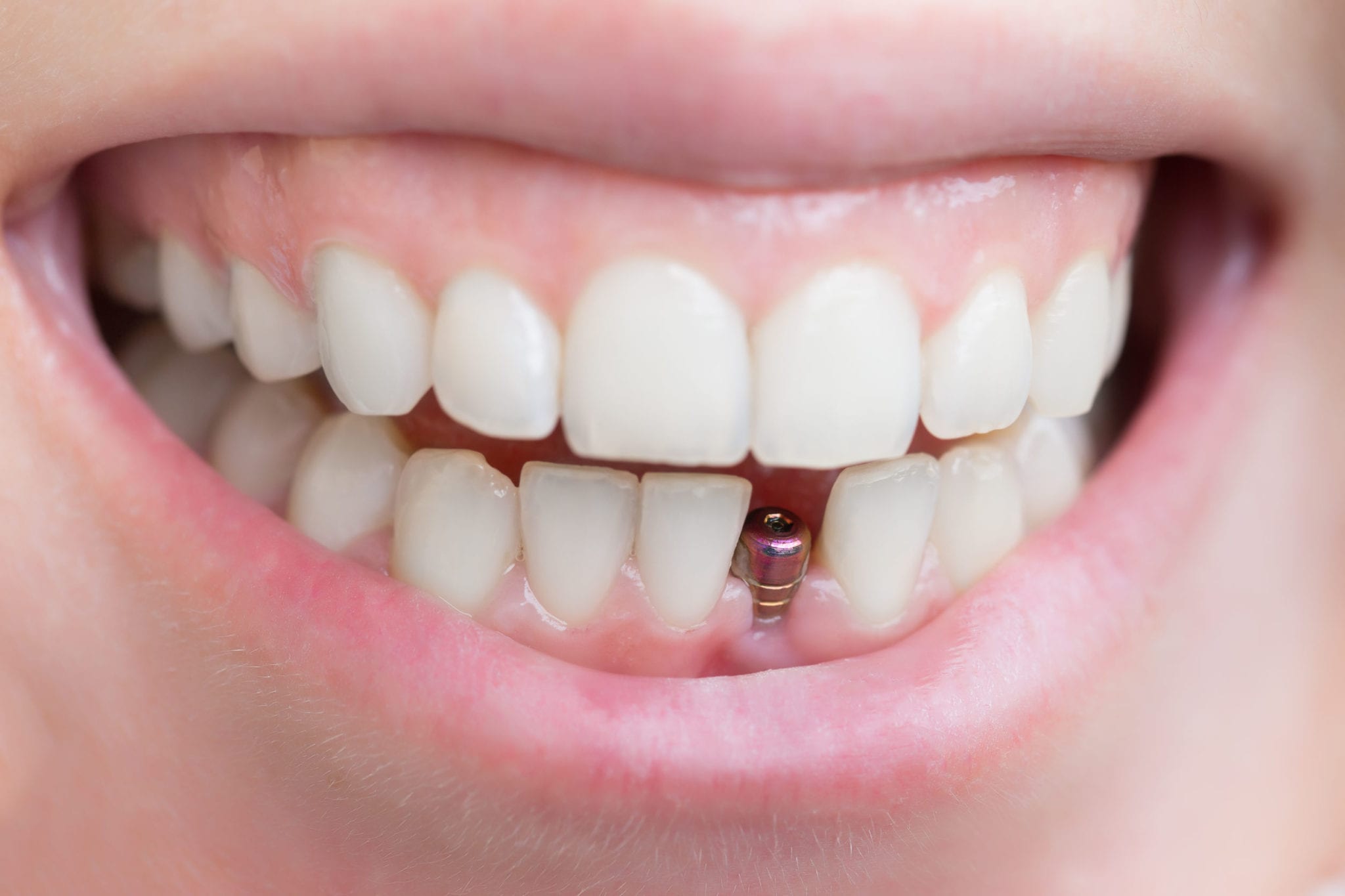
Dental implants allow people to enjoy a full, healthy smile without causing any harm to the jawbone. Dentists insert an artificial root into the patient’s jaw and connect it to a crown that blends in with the rest of their teeth.
This is a popular option for patients that need teeth replaced – but can anyone do it… at any age? What are the restrictions?
How Age and Health Effects Dental Implants
While there are technically no age restrictions when it comes to dental implants, most dentists prefer to wait until the jaw is finished growing. That means that younger kids are basically out, and a teenager may be told to wait until they are in their mid-20s to get dental implants for missing or badly chipped teeth.
As for adults, age doesn’t really matter – at least not in and of itself. Anyone whose jaw is done growing can get dental implants, whether they’re 30 or 90. However, health conditions may affect a dentist’s recommendation, and as people age they tend to suffer from more health issues that can make dental implants difficult.
One of the biggest issues? Dental implants need to be surgically inserted into a patient’s jaw, so the jaw needs to be strong enough to hold the teeth. Before the procedure takes place, a dentist will examine the patient’s jaw with x-rays to determine the next best steps and whether or not the jaw can support implants.
In relation to this, patients who have been missing teeth for many years may be less likely to get a dental implant. This is because after a tooth falls out, the surrounding jawbone has nothing to hold up. The jawbone may recede or wear down until the point where it cannot support an implant.
Dentists will also consider the patient’s health and how it will affect recovery time. Certain medications, including antidepressants and medication for osteoporosis, may interfere with the dental implant procedure. Leukemia, diabetes, and other chronic illnesses can hinder healing. Tobacco use and excessive alcohol consumption will also prevent implants from healing properly. Be sure to disclose any medications you are taking or illnesses that you may have when you talk to your dentist about implants.
How to Prepare for Dental Implants
If you are looking into dental implants, it is important to maintain good oral hygiene to the best of your ability. You cannot regain receded bone without a surgical procedure, but you can prevent more bone from receding by following a recommended regimen of brushing and flossing. If you do smoke or drink alcohol excessively, cutting these habits can also help your dentist feel more confident in giving you dental implants.
As mentioned above, there are options for adding more bone to the jaw so it can hold an implant. If the bone is receding but a dentist still wants to move forward with the dental implants, they may recommend a bone or gum graft. This will add more bone to the area… but will also add months onto recovery time. A bone graft may take up to six months to heal before it can support a dental implant. Talk to your dentist about graft options for your mouth.
Alternatives to Dental Implants

If you want to replace missing teeth but your health prevents you from getting dental implants, you still can enjoy a healthy, full smile. Talk to your dentist about other options, including dentures or bridges. These options do not interfere with the jawbone but still replace teeth to help complete your smile.
Reach out to a knowledgeable South Florida dentist for more information on tooth replacement and how you can get your best smile.






